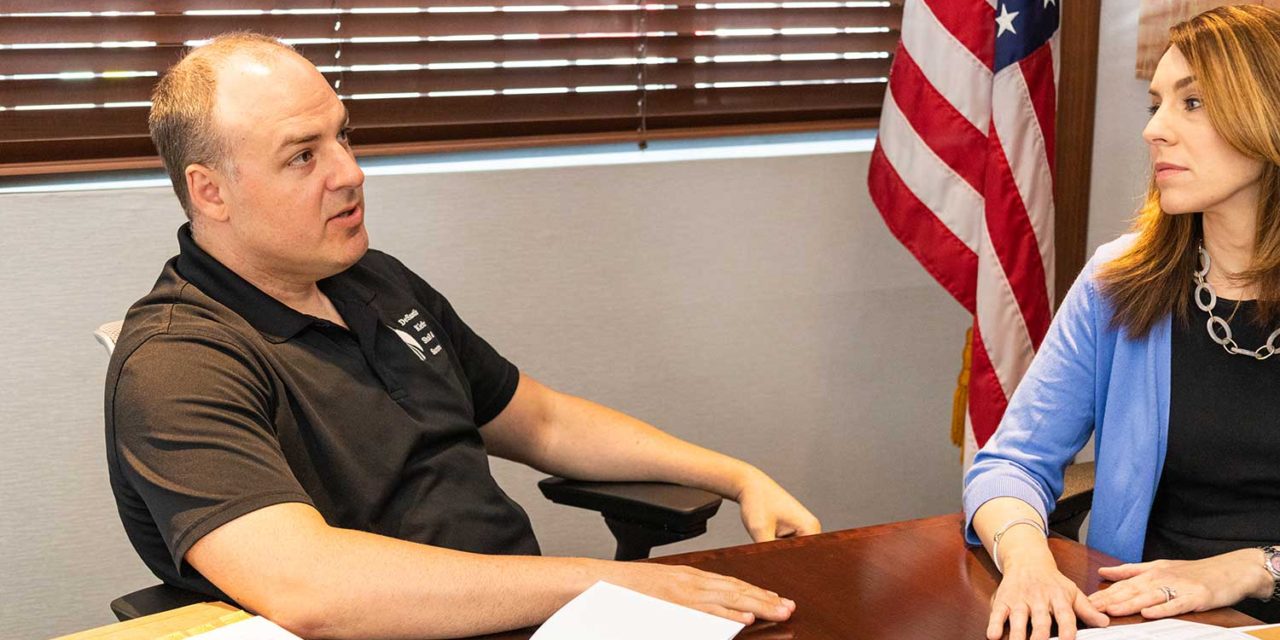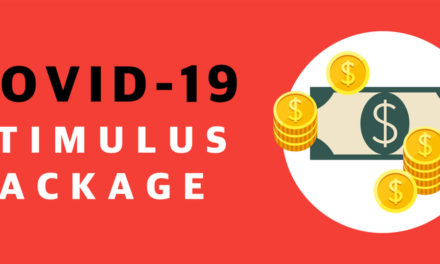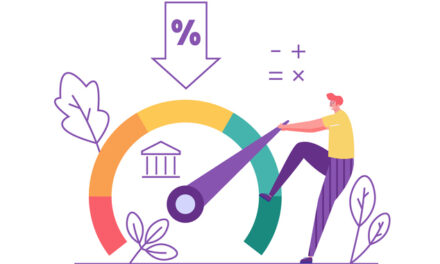Are you living paycheck to paycheck or close to it? It’s never a good feeling when you need to wait for that paycheck to come in before you can pay off a bill. And if a costly emergency comes up? Forget it. You may need to borrow money, take out a loan, or use a credit card, potentially putting you into debt. What you need is a healthy savings account. This article will show you how you can save money, even if you currently use every cent you earn to pay the bills.
1. Open a Dedicated Savings Account
It’s hard to save if you don’t have somewhere to actually set money aside. The first step to saving is to open an account where you will place money–no matter how small the amount–that you aren’t going to touch. Try opening an online account or an account at another bank to make it more difficult for you to take out that money.
2. Find Hidden Savings in Your Expenses
Often, we spend more on utilities, our cable bill, insurance, and other necessary expenses than we should. If you haven’t shopped around for rates in awhile, give it a try. See what’s out there. Chances are, you will find better prices with another company, or you might be able to negotiate your rate with the company you’re currently using. Saving just a few dollars a month is still saving. Save a bit on your cable bill, your car insurance, and even use energy in your home more efficiently to save on your energy bill, and you’ll see those savings add up.
3. Unsubscribe From Store Email Lists
Individual purchases may not seem expensive–especially if you took advantage of a great sale. But in our age of intense consumerism, there’s a sale somewhere every day and you can find yourself getting sucked into getting great deals on items you don’t really need. Don’t let yourself become tempted. Unsubscribe from all those email lists and only go looking for sales when you actually need something. If you still want to receive emails from certain stores because they might have exclusive sale codes, have those emails sent to an account you don’t use for anything else and turn off notifications. Then you can check it when you are looking for something specific.
4. Keep Track of Your Spending/Set a Budget
This may seem obvious, but it’s not easy to implement. Budgeting is what ensures you don’t overspend each month, and that you allocate enough money for each category of expenses. Before you budget, however, you need to spend a month paying attention to how much you spend in each area. Then you will clearly be able to see which categories need more money allotted to them and which categories have been receiving too much of your paycheck. Categories can include rent/mortgage, utilities, food, clothing, Netflix, date night, etc.
5. Save Money By Paying Yourself
You may be so focused on paying others, you’ll forget the most important person–you. If you’re ever going to save money, you need to be diligent about putting a specific amount of each paycheck away, and do it before you spend your paycheck on anything else. It can be as little as a dollar, but make sure you do it. If your job offers a 401K, take advantage of it. Many employers will match what you put in and the money is pretax, so your taxable income is actually less, saving you money. If your employer does not offer a 401K, see if you can put money away in a Roth IRA, which is a similar idea, but the money has already been taxed which means you won’t have to pay taxes on it later.
It’s never too early or too late to start saving. If you feel like you missed the boat on building a healthy savings account when you were young, know you are not alone. Many adults in their 30s and beyond are living paycheck to paycheck. At DeSantis, Kiefer, Shall, & Sarcone, we can help you manage your money so you can make the smartest financial choices for your future. No matter how old you are or how many years you’ve been working, you can turn your financial situation around starting today. In five years from now, you’ll look back and be glad you did.






